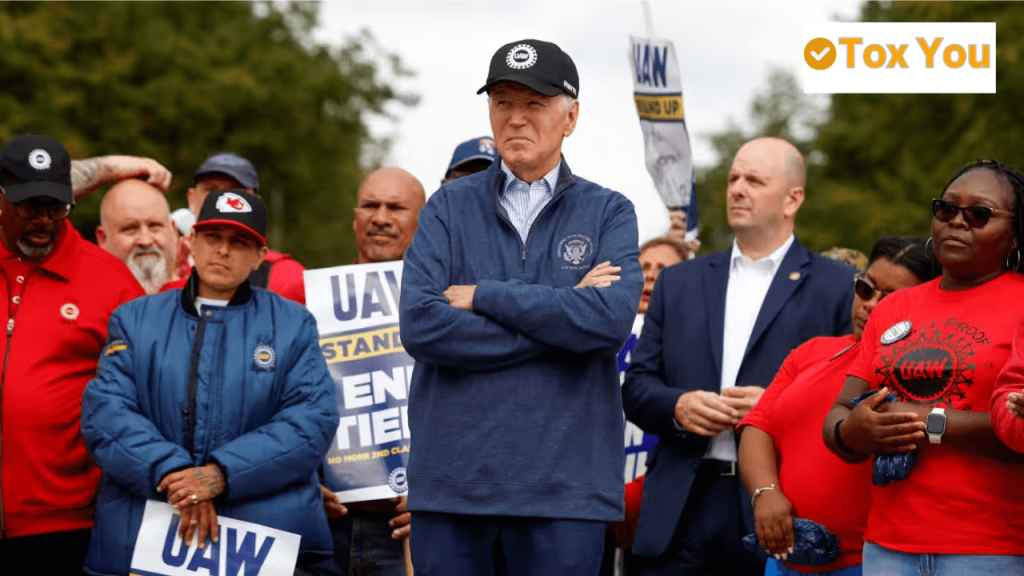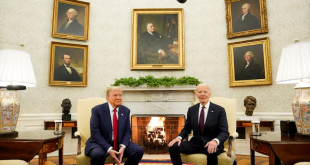
In a significant move aimed at protecting American workers and industries, President Biden has directed U.S. Trade Representative Katherine Tai to explore the possibility of tripling tariffs on Chinese steel and aluminum imports. This directive, issued during a speech at the headquarters of United Steelworkers (USW) in Pittsburgh, underscores the administration’s commitment to addressing the challenges posed by artificially cheap Chinese products flooding the market.
The Urgency of Action
The decision to consider escalating tariffs comes amidst growing concerns over China’s policy-driven overcapacity in steel and aluminum production, which poses a serious risk to American industries. With the backdrop of China’s recent 5.3% GDP growth report for the first quarter of 2024, the need for decisive action to safeguard domestic industries has never been more pressing.
American Steel: A Vital Asset
President Biden emphasized the importance of maintaining a robust American steel industry, highlighting the environmental advantages of domestically produced steel. He underscored that American steel is cleaner, boasting significantly lower carbon emissions compared to its Chinese counterparts. This distinction aligns with the administration’s broader commitment to sustainability and reducing carbon footprints across industries.
The Role of Trade Policies
The proposed increase in tariffs reflects a strategic approach to leveling the playing field in international trade. By imposing higher tariffs on Chinese imports, the Biden administration aims to protect domestic industries from unfair competition and ensure that American workers can compete on a fair and equitable basis.
Union Support and Political Implications
President Biden’s decision to address the issue of Chinese steel and aluminum imports resonates strongly with labor unions like the United Steelworkers (USW), who have been vocal advocates for protecting American jobs and industries. This move also serves as a strategic maneuver ahead of the upcoming presidential election, where Biden seeks to rally support from union workers in key swing states such as Pennsylvania and Ohio.
Economic Implications and Inflation Concerns
While some may express concerns about potential inflationary pressures, senior officials have reassured that the impact of increased tariffs on Chinese steel and aluminum imports is expected to be minimal. With Chinese imports accounting for only a fraction of total U.S. steel demand, the risk of significant inflationary pass-through remains low.
Scrutiny on China’s Shipbuilding Industry
In addition to addressing steel and aluminum imports, the Biden administration is also taking steps to scrutinize China’s shipbuilding industry. The initiation of an investigation by the U.S. Trade Representative into China’s maritime, logistics, and shipbuilding sectors underscores the administration’s commitment to ensuring fair trade practices and protecting American interests across various industries.
Conclusion
President Biden’s call for tripling tariffs on Chinese steel and aluminum imports signals a decisive step towards protecting American industries and preserving domestic manufacturing capabilities. By prioritizing the interests of American workers and businesses, the administration reaffirms its commitment to fair trade and economic prosperity for all. As the nation navigates through the complexities of global trade dynamics, such measures serve as a testament to the administration’s resolve in prioritizing American interests on the global stage.
 Tox You It's all about earning solutions, News, Entertainment
Tox You It's all about earning solutions, News, Entertainment



